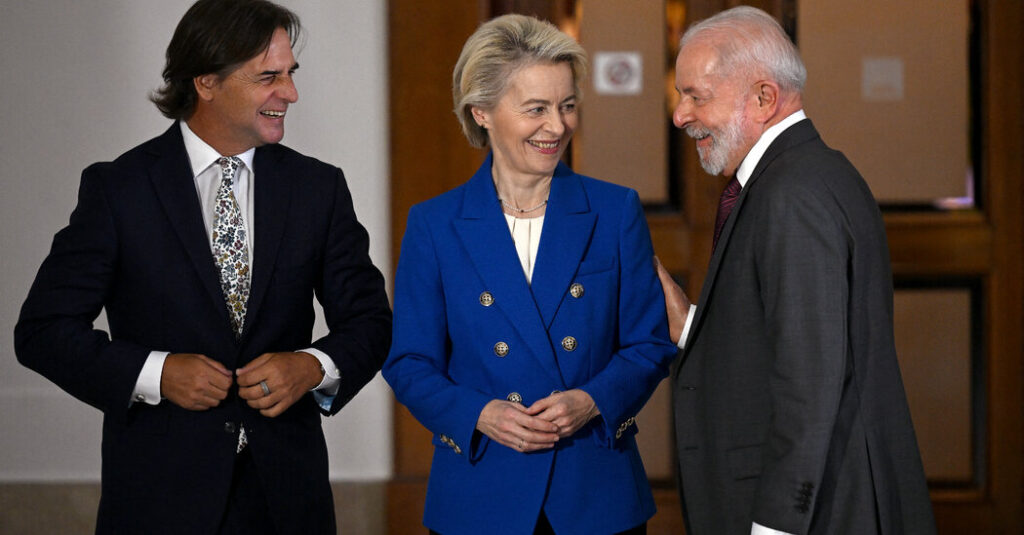In May, the 10-country Association of Southeast Asian Nations, known as ASEAN, will meet the six Middle Eastern nations that make up the Gulf Cooperation Council. The summit’s host, Malaysia, has invited China to attend.
China is also poised to update its own free-trade agreement with ASEAN, which includes Cambodia, the Philippines, Indonesia and Vietnam. And trade and investment between ASEAN and India, the world’s most populous nation, is deepening.
Britain, too, recently christened a new partnership. In December, it officially joined the trans-Pacific trade bloc, a group that includes Australia, Brunei, Canada, Chile, Japan, Malaysia, Mexico, New Zealand, Peru, Singapore and Vietnam. London is also looking to repair its frazzled economic relationship with the European Union.
And Brazilian and Mexican officials have talked about expanding their trade agreements.
The global economy is increasingly becoming “one that is characterized by ever deepening trade relationships excluding the United States,” said Jacob F. Kirkegaard, a senior fellow in Brussels at the Peterson Institute for International Economics.
The trend is not necessarily anyone’s preference, he said, but the arrangements offer a “second best” option given America’s rejection of a more open economic order. He added that the proliferation of trading blocs, like the one between the European Union and South American nations, also helped countries avoid an overreliance on China.
